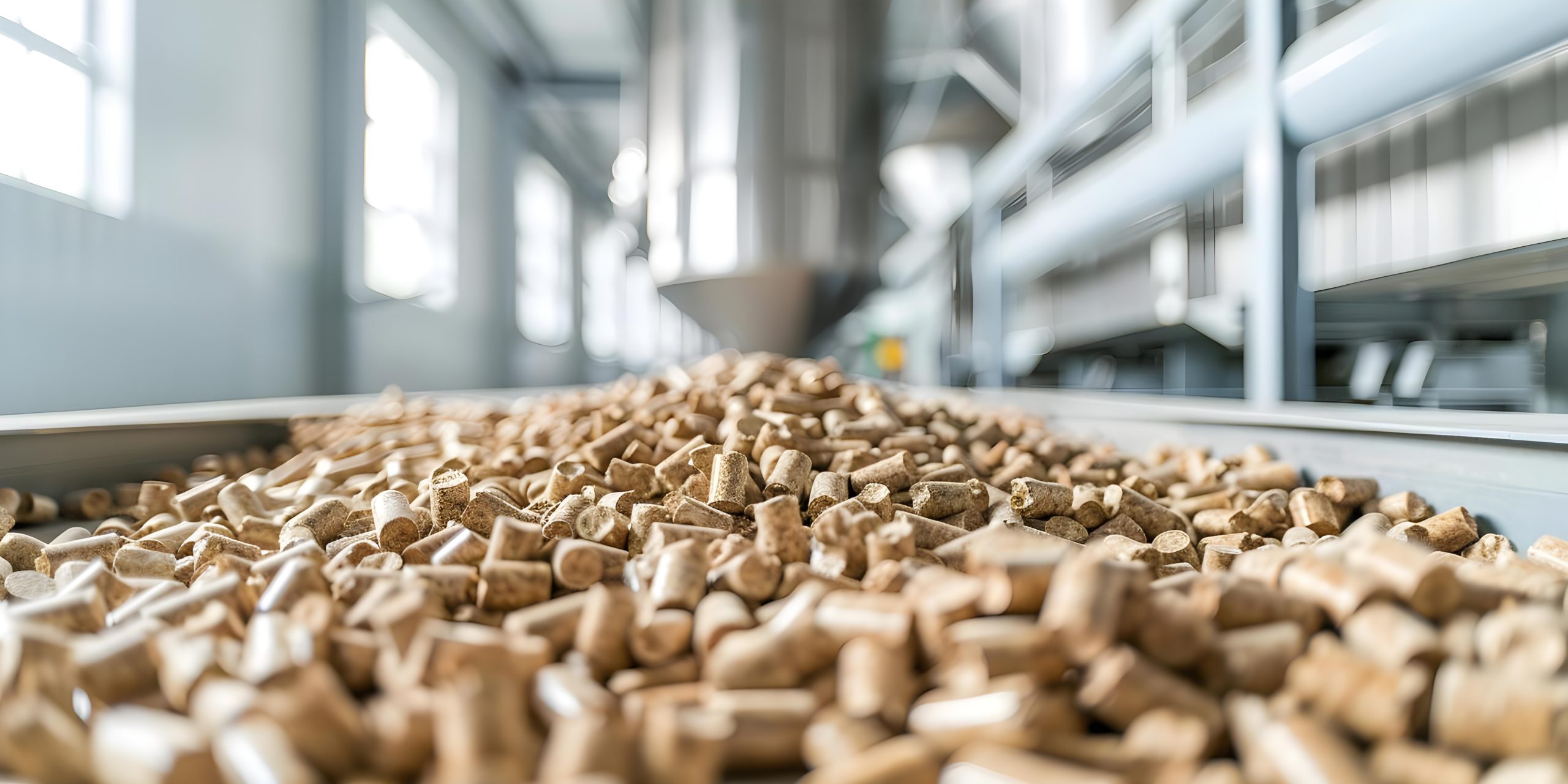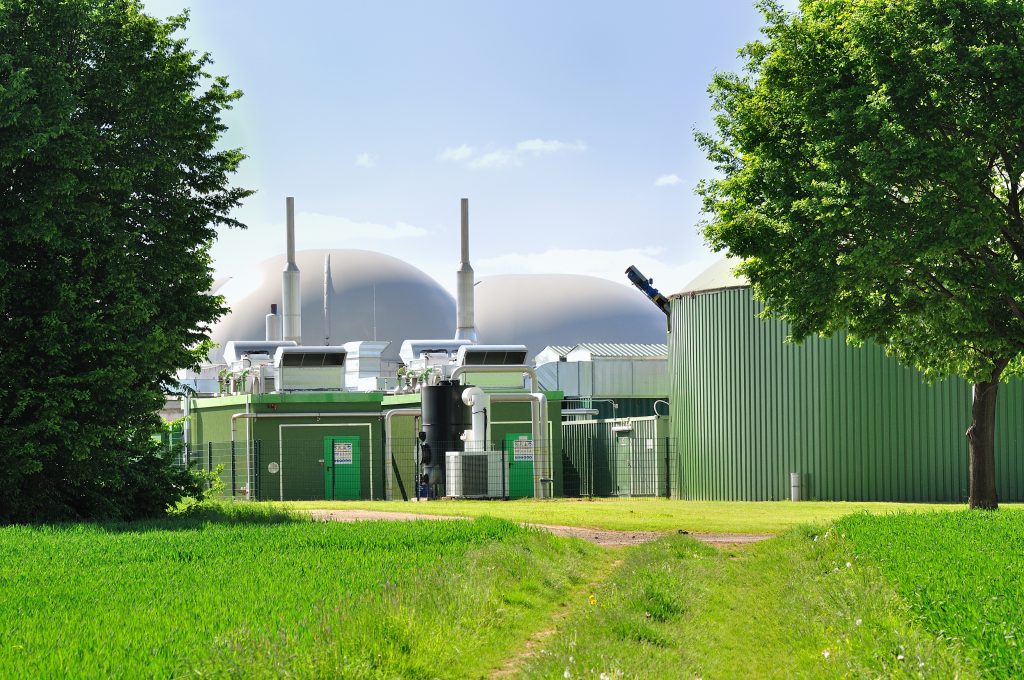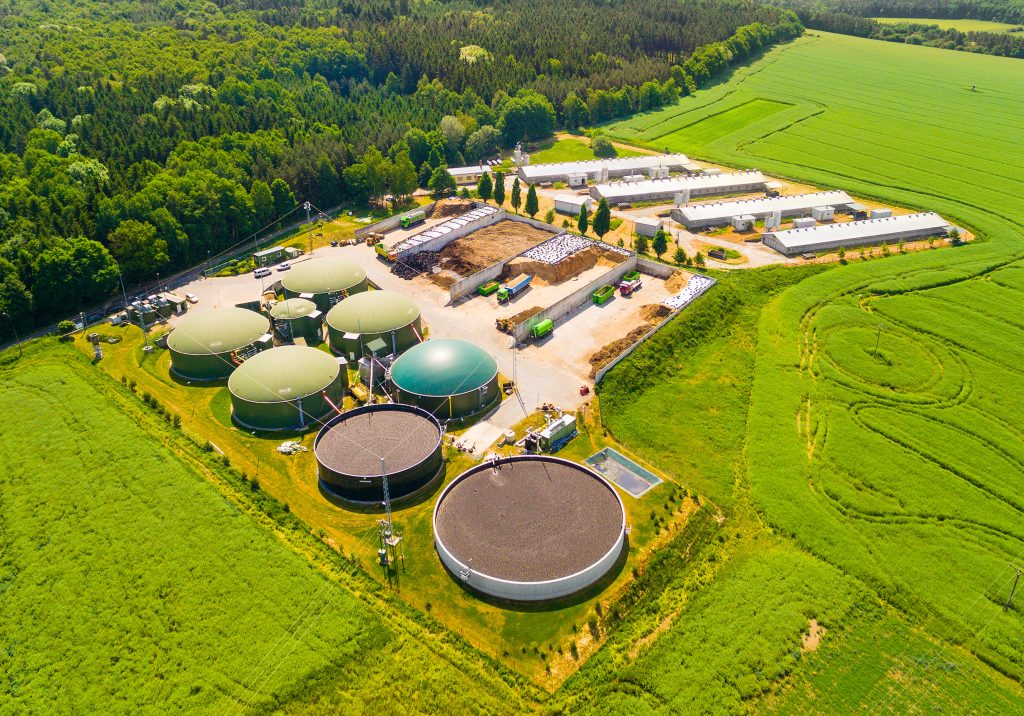Navigating RED III: The Impact of the EU’s Latest Renewable Energy Legislation on Biomass Certification

At various points over the last two decades, the European Commission (EC) has set targets for increasing the utilization of renewable energy. In 2018, the EC set its most ambitious goal yet by implementing the third version of its Renewable Energy Directive (2023/2413).
In this landmark EU Law revision, companies working with and supplying to the European market must now comply with stricter standards surrounding emissions reporting and use a higher percentage of renewable energy than ever before. Beyond these new requirements, biomass companies must also meet a sub-target for the use of advanced biofuels.
In this insight, we will examine the Renewable Energy Directive III (RED III) in more detail, including its ongoing impact on the EU’s biomass supply chain and why ISCC EU certification and a trusted auditing partner can help you stay on top of your obligations.

The Renewable Energy Directive III
As Europe’s drive to reduce reliance on fossil fuels intensifies, the European Commission’s legislation has followed suit. The most recent instalment is the Renewable Energy Directive III (RED III), which includes three key requirements for the European biomass supply chain:
- A new overall renewable energy utilization target
- A sub-target for utilizing advanced biofuels (e.g. RFNBOs, RCFs, etc.)
- Stricter criteria for assessing sustainability claims
The Directive’s primary mandate is to ensure that, by 2030, at least 42.5% (with a stretch target of 45%) of the EU’s energy consumption comes from renewable sources. In addition, with the increased use of advanced biofuels such as Renewable Fuels of Non-Biological Origin (RFNBOs) and Recycled Carbon Fuels (RCFs), the biomass supply chain has been given an additional sub-target of 5.5% utilization of these new fuel types.
To ensure it meets its objective, the Directive also brings more stringent rules for the biomass industry into force. For example, the Directive incorporates more sectors, introduces stronger sustainability criteria, and implements additional requirements for tracking and reporting emissions.
The Directive came into force on 20 November 2023 and EU Member States were required to incorporate the provisions into their national laws by 21 May 2025. Since its instigation, thousands of EU biomass companies have been seeking to demonstrate their compliance with RED III. And many of these businesses have found solace in the rigour and credibility of the International Sustainability & Carbon Certification EU (ISCC EU) to achieve their goal.
At Control Union we offer a number of different schemes for biomass certification, including 2BSvs (Biomass Biofuel Sustainability voluntary scheme) and those from The Roundtable on Sustainable Biomaterials (RSB), including RSB Global Fuels Certification, RSB Global Advanced Products Certification, RSB ICAO CORSIA Certification and RSB EU RED Certification.
For the purposes of this article we will focus on the ISCC EU Certification System.

ISCC EU Certification System
Established in 2011, the International Sustainability & Carbon Certification EU (ISCC EU) is recognized by the European Commission for its alignment with RED III’s ambitions and requirements.
For over a decade, the certification system has been helping biomass producers and traders operating in the European market to comply with their regulatory obligations, keep sustainability at the top of their agenda, and reap the benefits of having a robust, highly regarded certification attached to their brand.
In fact, the ISCC EU has been a popular choice with biomass companies for so long that it has aligned with all three versions of the European Commission’s Energy Directive. Continuously and meticulously updated, the ISCC EU provides holders with the assurance that they comply with the current iteration of the EU’s legal framework on renewable energy sources.
For example, in its most recent revision, the ISCC EU:
- Updated its relevant terminology and definitions to take account of RFNBOs, RCFs, etc.
- Incorporated new requirements in relation to forest and agricultural biomass
- Updated its criteria for, and provided more guidance on, waste and residues
- Changed the minimum levels of GHG savings required where appropriate
To remain compliant with the latest Renewable Energy Directive, biomass companies must stay up-to-date with tracking and reporting the required information. Those who receive the ISCC EU stamp of approval can rest assured that this enhanced reporting is baked into the certification system. Therefore, if they achieve the ISCC EU standard, they’re in direct alignment with RED III’s regulatory mandate.
The ISCC EU has consistently evolved alongside each version of the Renewable Energy Directive, providing biomass companies with a reliable framework for demonstrating regulatory compliance. Its proactive updates – from incorporating new fuel classifications to adjusting sustainability criteria – ensure that certified entities remain fully in step with the EC’s current expectations on renewable energy use.
As RED III enforcement ramps up across EU member states, companies seeking certification or recertification should consider the value of expert guidance. The Control Union auditing team brings over XX years of collective, global experience to your ISCC EU, helping you navigate complex requirements, streamline your emissions reporting, and ensure your sustainability claims hold weight.

How can we help you?
Do you have any questions about Biofuel or Biomass services or certifications? Contact us now so we can help you!